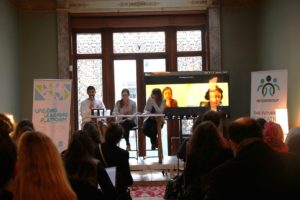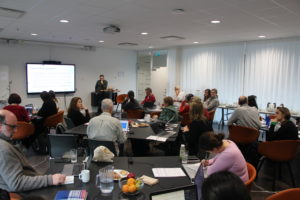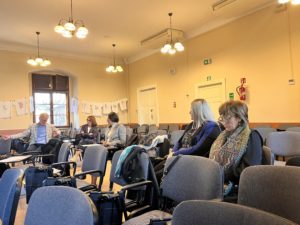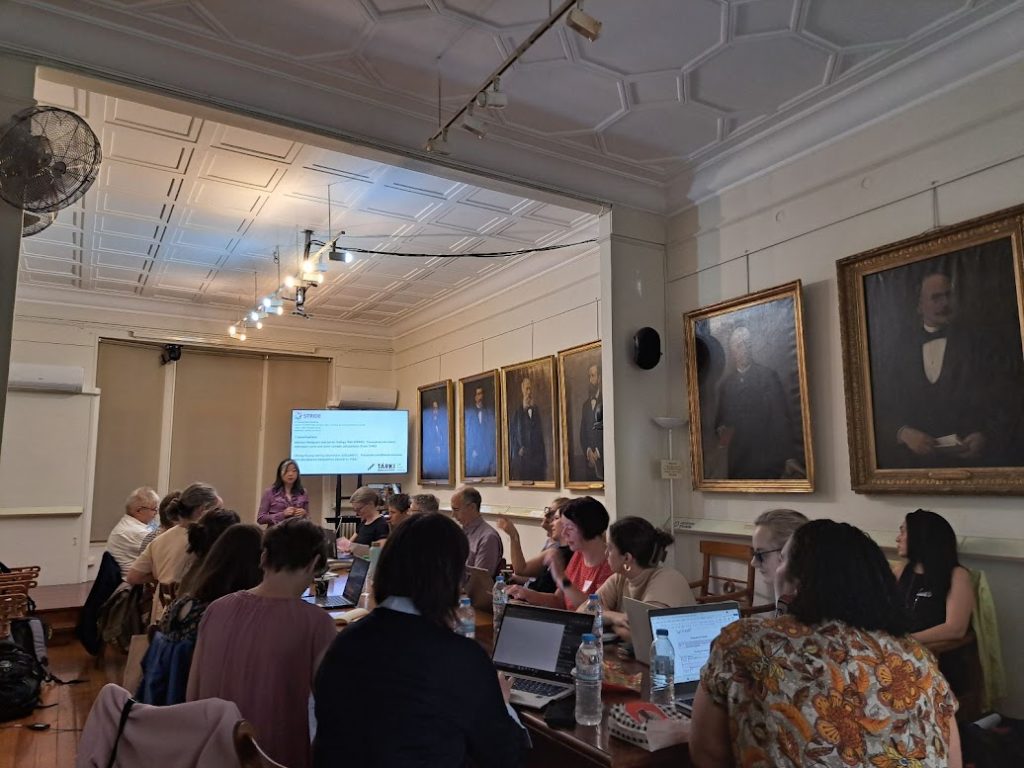A new publication on democratic citizenship in the Nordic and Baltic countries has been released, and our project partnership has played a key role in its creation.
The lead editors of this volume and authors of the editorial introduction are Lihong Huang from OsloMet University, Bryony Hoskins from Roehampton University, and Jens Bruun from Aarhus University.
The introduction discusses civic and citizenship education (CCE), highlighting the discrepancies between the desired principles, curricula, and results, and their actual application and outcomes. Using data from studies such as the International Civic and Citizenship Education Study (ICCS), the authors discuss the discrepancy between students’ knowledge of democracy and their active participation in political matters. The paper advocates education that acknowledges and facilitates students’ need to develop the ability to identify trustworthy information and differentiate between true and false information, in order to combat the current wave of misinformation in democracies.
Using the ICCS data, the paper analyses the case of six Nordic and Baltic countries, employing mainly quantitative methods. While they advocate further qualitative research in this area, they also draw some key conclusions from the initial analysis. The paper is divided into three main sections:
- Curriculum development: Expand the democratic scope, integrate digital literacy and prioritise critical thinking.
- Teacher professional development: include training in formative assessment, connect theory and practice, and equip teachers with the tools to manage pluralism and conflict in political terms.
- School leadership and environment: Foster supportive cultures, promote open dialogue, and recognise the inherent political influence on education.
You can read this article, as well as an article by another STRIDE member, Siri Mohammad-Roe from OsloMet University, titled ‘Nurturing Student Engagement: Towards Democratic Values and Attitudes’ here.












